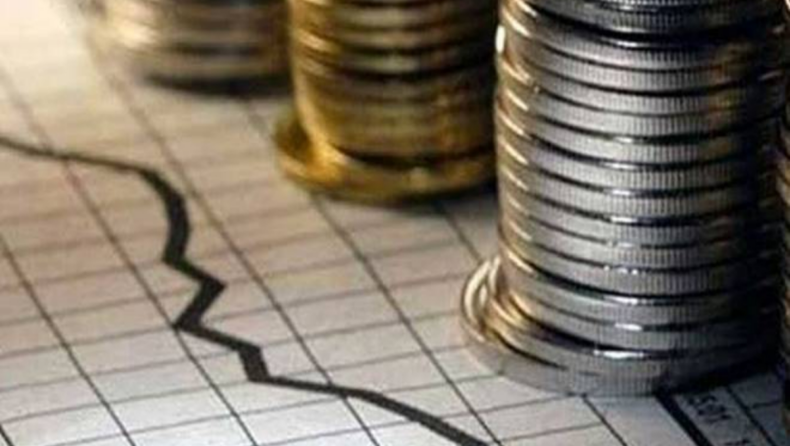The ongoing war between Ukraine and Russia has kept the whole world on tenterhooks since its commencement on February 24, 2022, when Russia invaded Ukraine. It is considered an act of aggression internationally, as the invasion has triggered Europe’s largest refugee crisis since World War II, with more than 4.5 million Ukrainians leaving the country and a quarter of the population displaced. The relations between the two countries have been hostile since the 2014 Ukrainian revolution.
Vladimir Putin’s justification for the invasion is that the modern, western-learning Ukraine was a constant threat and due to this, Russia could not feel ‘safe and secure.’ His initial goal was to overrun Ukraine and depose its government but he failed to capture the capital Kyiv and has now shifted his ambitions to the east and south of Ukraine.
The whole world, including world leaders, athletes, and stars are condemning the act of Vladimir Putin’s decision to the invasion of Ukraine. India, the US, Israel, South Korea, Japan, the United Kingdom, Europe- all these countries’ leaders and important government personnel have come forward to show their support for Ukraine
As anyone can discern, this war is having a major impact on the world trade system as well as the global economy. It is impacting the trade of major key commodities such as wheat, barley, sunflower oil, etc. The war has also added to the mounting concerns of a sharp global slowdown, surging inflation and debt, and a spike in poverty levels.
Russia’s resources are not just limited to food, oil, and gas. It also has major deposits of metals, minerals, timber supplies as well as vast amounts of land.
Recently, it has come to light that Russia’s invasion will shrink Ukraine’s economy by 45%. The impact will flow through three main channels.
- The constantly increasing prices of commodities like food and energy will push up inflation further, in turn eroding the value of incomes and weighing on the demands.
- The neighboring economies will suffer the brunt of the war between the two countries and will grapple with disrupted trade, supply chains, and remittances as well historic surge in refugee flows.
- Reduce business confidence and cause higher investor uncertainties that will weigh on asset prices, which in turn will tighten financial conditions and potentially spur capital outflows from emerging markets.
Russia and Ukraine are major producers of key commodities, but the disruptions due to the war have caused global prices to soar, especially for oil and natural gases. Food costs have also jumped. Beyond global spillovers, countries with direct trade, tourism, and financial exposure with these two countries will feel additional pressure. Longer-term war may fundamentally alter the global economic and geopolitical order.
Before the war started, the Russian economy was one of the largest economies in the world proudly standing at the 11th position, according to the IMF data. But the same can’t be said for Russia today, because today already being the 48th day of the war, Russia is bordering on the verge of bankruptcy.
Many refugees have fled from both Russia and Ukraine in search of a safe shelter which has also negatively impacted the population in both countries. So, in conclusion, the war between Russia and Ukraine not only hurt the growth of the global economy and raise the prices, but it will also shatter the global trade and economy with its aftereffects of major inflation.

Published By: Aman Gupta
Edited By: Khushi Thakur













